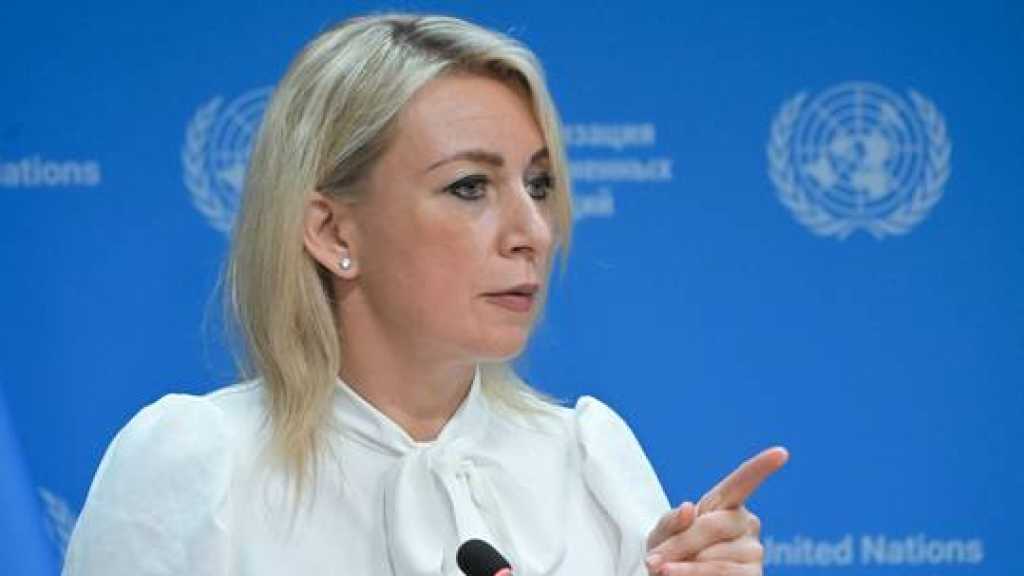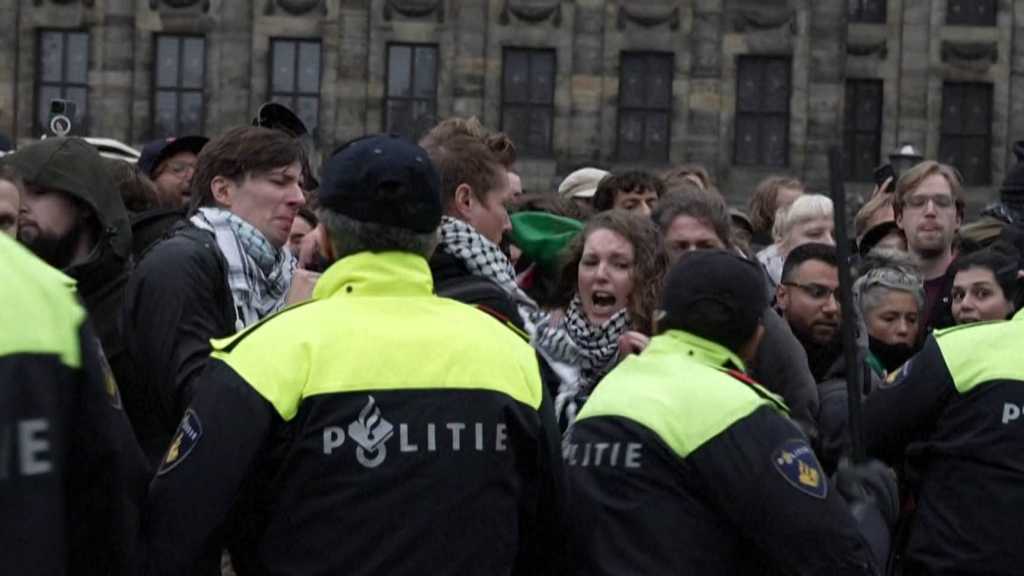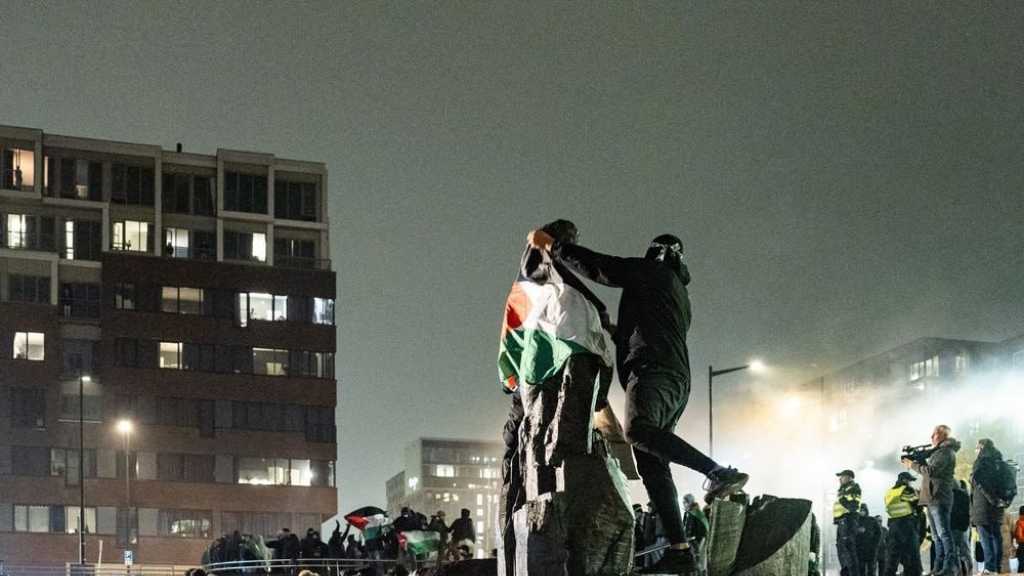EU Leaders Speak Out After Trump Threatens Iran Nuke Deal
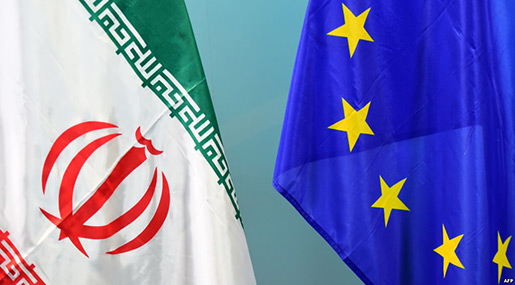
Local Editor
Russia on Friday criticized US President Donald Trump's threat to end the 2015 Iran nuclear deal and the European Union defended the pact as the "Israeli" entity and Saudi Arabia hailed Trump's confrontational stance toward Tehran.
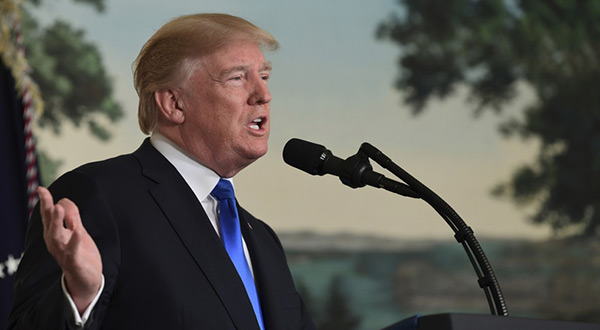
In a widely expected speech, Trump said he would not certify Iran is complying with its agreement with six world powers and the European Union under which Tehran promised to rein in its nuclear program in return for the easing of economic sanctions.
The Republican president, who had called the pact negotiated by his Democratic predecessor Barack Obama "an embarrassment" and the "worst deal ever," threw the issue to the US Congress, which has 60 days to decide whether to reinstate US sanctions.
Trump warned that if "we are not able to reach a solution working with Congress and our allies, then the agreement will be terminated."
His stance put him at odds with key US allies, including Britain, France and Germany who, along with Russia and China, were the major powers that negotiated the deal with Iran alongside the EU.
In Brussels, EU foreign policy chief Federica Mogherini said Washington could not unilaterally cancel the agreement.
"We cannot afford as the international community to dismantle a nuclear agreement that is working," said Mogherini, who chaired the final stages of the landmark talks. "This deal is not a bilateral agreement.
"The international community, and the European Union with it, has clearly indicated that the deal is, and will continue to be, in place," Mogherini told reporters in Brussels.
The leaders of Britain, France and Germany issued a joint statement warning the United States against taking decisions that could harm the nuclear deal such as re-imposing sanctions.
The three leaders also said they shared US concerns over Iran's ballistic missile program and regional destabilizing activities and were ready to work with Washington to address those concerns.
In contrast, Russia's foreign ministry said there was no place in international diplomacy for threatening and aggressive rhetoric, and said such methods were doomed to fail in a statement issued after Trump's speech.
The ministry said Trump's decision to de-certify the deal would not have a direct impact on implementation of the agreement but that it ran counter to its spirit.
There was no immediate reaction from China, though Alexei Pushkov, a pro-Kremlin lawmaker in the upper house of the Russian parliament, said neither Moscow nor Beijing backed Trump's stance.
"Russia of course does not support the US position, nor does China. So Trump will be left in proud isolation in an attempt to improve his image among his own supporters," Pushkov told Russia's state-run Rossiya-24 TV station.
"President Trump has just created an opportunity to fix this bad deal, to roll back Iran's aggression and to confront its criminal support of terrorism," "Israeli" Prime Minister Benjamin Netanyahu said in a video statement.
Saudi Arabia also welcomed what it called Trump's "decisive strategy" towards Iran and said lifting sanctions had allowed Tehran to develop its ballistic missile program, step up its support for groups including Hezbollah and the Ansarullah in Yemen, and attack global shipping lanes.
The Riyadh regime said in a statement it had supported the nuclear agreement, "but Iran took advantage of the economic gain from raising sanctions and used it to continue destabilizing the region".
It said it would continue to work with allies to achieve the goals announced by Trump and end Iran's "hostile activities".
Source: News Agencies, Edited by website team

